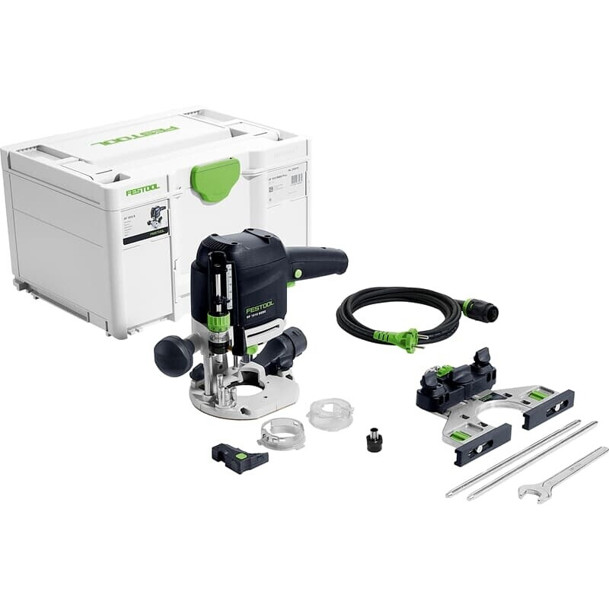Router Comparison: Choosing the Right Network Solution for Your Needs
In today's busy digital world, having a reputable web connection is more important than ever. Whether for video gaming, streaming, or Remote Work, the foundation of a good internet experience is a top quality router. With an array of routers readily available on the marketplace, making an informed choice can be frustrating. This detailed guide compares different router types, their functions, and considerations to help users choose the finest router for their needs.
Types of Routers
Before diving into the comparison, it's vital to understand the different types of routers offered on the marketplace:
- Single-Band Routers: Operate on a single frequency (generally 2.4 GHz). They are economical but have restricted speed and congestion susceptibility.
- Dual-Band Routers: Operate on both the 2.4 GHz and 5 GHz bands. They supply better performance and more options for users who need more powerful signals for multiple gadgets.
- Tri-Band Routers: Include one 2.4 GHz band and two 5 GHz bands. They are perfect for environments with lots of devices to reduce congestion and maintain high speed.
- Fit together Routers: Consist of several nodes that work together to supply smooth protection throughout bigger areas. They are suitable for bigger homes or spaces where signal strength requires to be consistent throughout.
- Video gaming Routers: Specifically designed for online gaming, using features like Quality of Service (QoS) to focus on video gaming traffic and decrease latency.
- VPN Routers: Come pre-configured with VPN support, allowing personal privacy and security for users wanting to maintain anonymity on public networks.
Key Features to Compare
When comparing routers, a number of key features need to be considered. The following table highlights numerous routers' essential aspects based on typical features and specifications:
| Feature | Single-Band | Dual-Band | Tri-Band | Fit together | Gaming |
|---|---|---|---|---|---|
| Speed (Mbps) | Up to 300 | Up to 1200 | Up to 3000 | As much as 3000 | As much as 4000 |
| Range | Low | Moderate | High | Really High | Moderate |
| Synchronised Connections | 10-20 | 20-30 | 30+ | Unlimited (depends upon nodes) | 15-25 |
| Security Features | Standard | WPA2/WPA3 | WPA2/WPA3 | WPA2/WPA3 | Advanced QoS |
| Control App Availability | No | Yes | Yes | Yes | Yes |
| Price Range (GBP) | ₤ 25-₤ 75 | ₤ 75-₤ 200 | ₤ 200+ | ₤ 200-₤ 600 | ₤ 150-₤ 400 |
In-Depth Comparison of Popular Brands
The marketplace is brimming with brands using routers packed with different functions. Here's a summary of some popular router brands together with their crucial offerings:
1. Netgear
- Models: Nighthawk RAX200 (tri-band), RAX40 (dual-band)
- Notable Features: High-speed abilities with sophisticated QoS; excellent for heavy users and players.
2. TP-Link
- Designs: Archer AX6000 (dual-band), Deco X60 (mesh)
- Notable Features: Affordable pricing with good performance; the Deco series provides a robust mesh solution for large homes.
3. Asus
- Designs: RT-AX88U (dual-band), ZenWiFi AX (mesh)
- Notable Features: Highly customizable features and excellent interface; terrific for tech savvies seeking to handle their networks.
4. Linksys
- Models: EA9500 (tri-band), Velop (mesh)
- Notable Features: User-friendly interface; trusted connection throughout numerous gadgets.
5. Google Nest
- Designs: Nest WiFi (mesh)
- Notable Features: Integration with Google Assistant; basic setup procedure and excellent for smart homes.
Factors to consider When Choosing a Router
When choosing a router, a number of aspects must be taken into consideration:
- Internet Speed: Ensure the router can handle the internet speed supplied by your ISP.
- Area Coverage: Consider the size of your space. Bigger homes might take advantage of a mesh system or a high-range router.
- Variety of Devices: Think about how many gadgets will be connected at the same time.
- Use Type: Different activities (gaming, streaming, working from home) require various performance levels.
- Security Needs: Ensure that the router supports modern-day security procedures and features to safeguard your network.
FREQUENTLY ASKED QUESTION
1. What is the distinction in between a modem and a router?
A modem links your home to the internet, while a router develops a regional network to share that internet connection with several gadgets.
2. Do I truly need a dual-band router?
If you have numerous gadgets and use bandwidth-intensive applications (like streaming or gaming), a dual-band or tri-band router would be useful for distributing signal load.
3. What is a mesh network, and when should I utilize one?
A mesh network includes several interconnected nodes, providing seamless internet protection across larger areas. It's perfect for large homes or areas with poor connectivity.
4. How frequently should I change my router?
Usually, routers must be updated every 3-5 years. Nevertheless, if you experience slow speeds or can not link brand-new gadgets, it might be time for an upgrade quicker.
5. What features should I focus on for a gaming router?
Search for functions like QoS for prioritizing gaming traffic, low latency, good bandwidth, and adequate connection alternatives.
Choosing the best router is critical for an enhanced web experience. Werkzeug Set Im Koffer ought to be based on specific needs, including internet usage and home layout. By comparing the types, functions, brands, and bearing in mind the considerations highlighted in this guide, users can confidently select a router that fits their requirements and boosts their online activities. With the right router in location, users can enjoy quickly, trusted connections that meet their digital demands.

